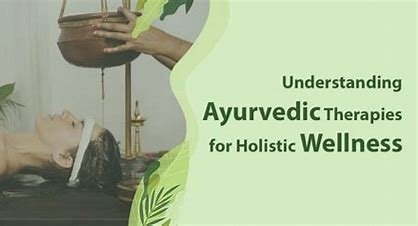Ayurvedic medicine and holistic healing are ancient practices that focus on achieving balance and harmony in the body, mind, and spirit.

Ayurvedic Medicine
Ayurveda, which means “science of life” in Sanskrit, is one of the world’s oldest medical systems, originating in India over 5,000 years ago. It emphasizes a natural and holistic approach to health, aiming to balance the body’s energies, or doshas (vata, pitta, and kapha)1. Ayurvedic treatments include:
- Herbal Medicine: Using plants and herbs to treat various ailments.
- Diet and Nutrition: Tailoring diets to individual needs based on their dosha.
- Yoga and Meditation: Incorporating physical postures, breathing exercises, and mindfulness practices.
- Massage and Panchakarma: Therapeutic massages and cleansing procedures to detoxify the body.
- Lifestyle Practices: Recommendations for daily routines, sleep patterns, and stress management.
Holistic Healing
Holistic healing is a comprehensive approach to health that considers the whole person—body, mind, spirit, and emotions. It aims to achieve optimal health by addressing all aspects of a person’s life. Holistic healing practices include:
- Mind-Body Therapies: Techniques like yoga, meditation, and tai chi that integrate mental focus with physical movement.
- Natural Remedies: Using herbal medicine, acupuncture, and other natural therapies to support healing.
- Lifestyle Changes: Encouraging healthy eating, regular exercise, and stress management to promote overall well-being.
- Emotional and Spiritual Support: Providing counseling, energy healing, and other therapies to address emotional and spiritual needs.
Both Ayurvedic medicine and holistic healing emphasize the importance of balance and harmony in achieving health and wellness. By integrating these practices into your daily life, you can support your overall well-being and lead a more balanced and fulfilling life.
